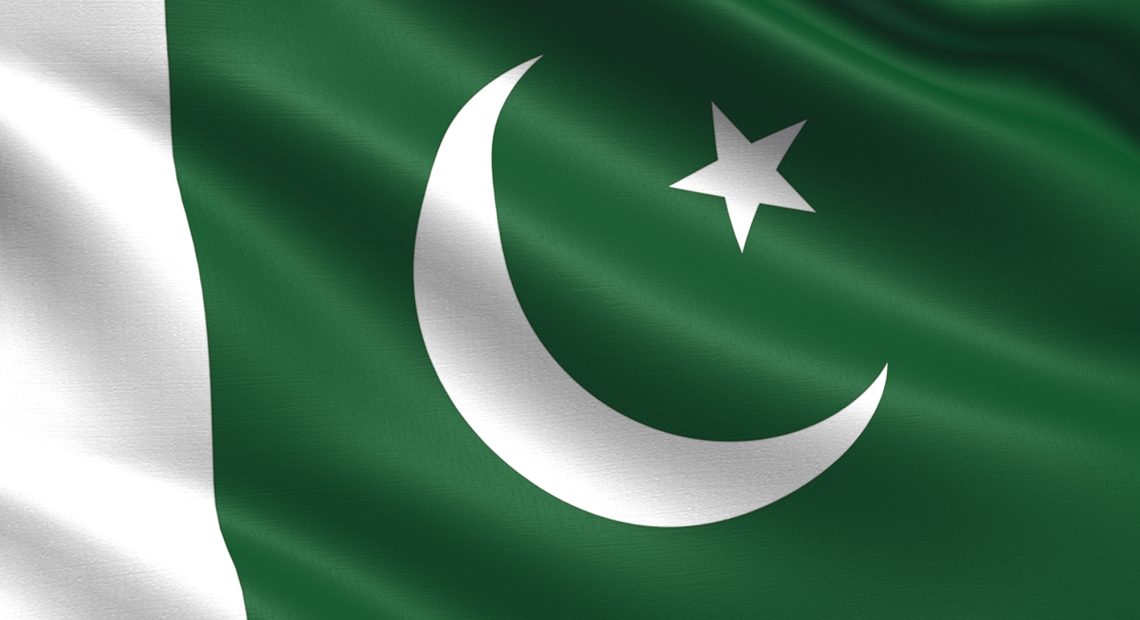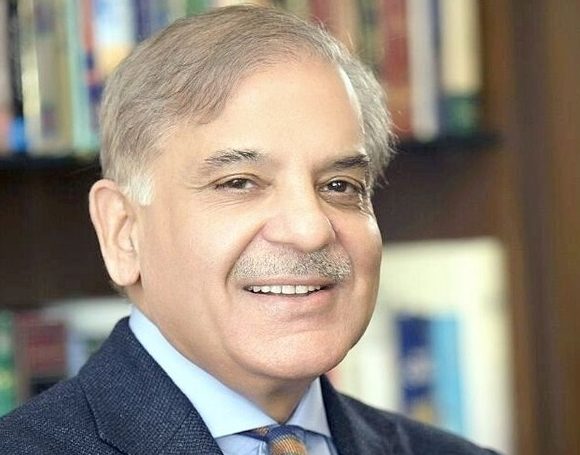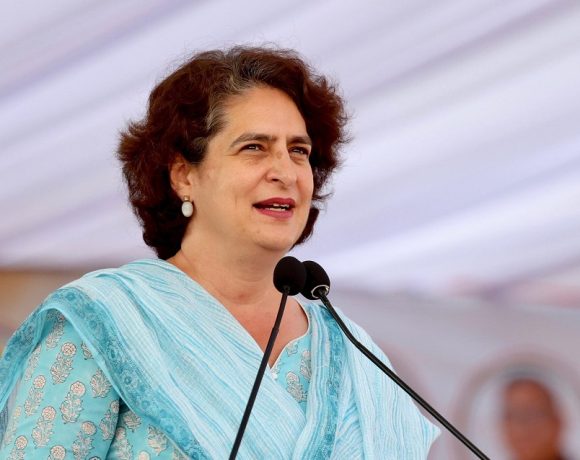
World Bank Flags Rising Poverty in Pakistan Amid Tax Woes
A new report by the World Bank has exposed alarming levels of rising poverty in Pakistan, painting a grim picture of economic distress fueled by regressive taxation policies and inadequate public welfare mechanisms. The findings have raised serious questions about the country’s fiscal priorities and governance failures.
General Sales Tax Deepening Poverty
The World Bank has identified Pakistan’s General Sales Tax (GST) as a key contributor to the worsening poverty levels. The report notes that GST alone accounts for more than 7% of household pre-tax expenditures—disproportionately burdening the country’s poorest segments.
GST, being a flat consumption-based tax, hits all income groups equally in nominal terms but weighs far heavier on low-income households, who spend a greater share of their income on essential goods and services. This regressive structure is pushing already vulnerable populations further into poverty rather than aiding economic upliftment.
Benazir Income Support Programme Offers Some Relief
Amid this bleak fiscal landscape, the Benazir Income Support Programme (BISP) stands out as a rare success. According to the World Bank, BISP plays the most significant role among Pakistan’s fiscal tools in reducing inequality.
Through targeted monthly cash transfers, BISP cushions millions of households from economic shocks and provides direct relief to women-led and extremely poor families. The report stresses that programs like BISP need to be expanded and better funded to counterbalance the inequality caused by consumption taxes like GST.
Structural Reforms and Policy Recommendations
The World Bank has urged Pakistan to undertake major structural reforms if it wants to reverse its economic decline and tackle poverty sustainably. Chief among its recommendations is a shift from indirect taxation to progressive direct taxes such as income and wealth taxes.
The report also calls for enhancing domestic revenue mobilization, improving public expenditure efficiency, and investing more in public health, education, and basic infrastructure. These reforms, it notes, are essential to breaking the cycle of poverty and building resilience against economic shocks.
Pakistan’s leadership is under pressure to act on these recommendations as the country teeters on the edge of financial collapse, with food inflation, unemployment, and income inequality reaching record highs. The World Bank’s findings serve as both a wake-up call and a policy roadmap—if the government is willing to listen.


















